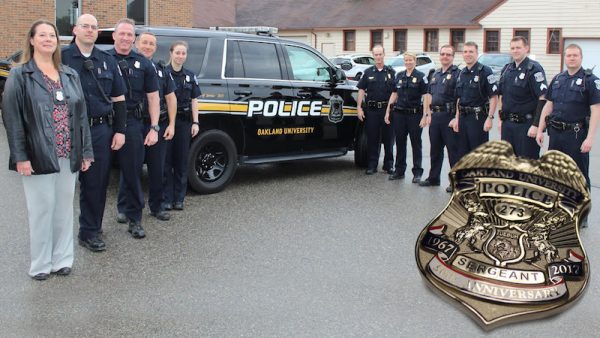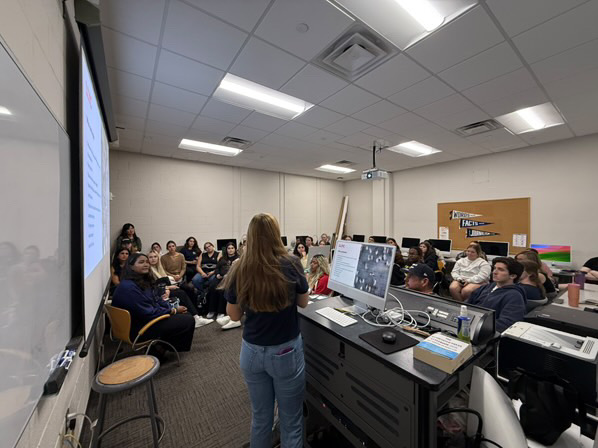OUWB Summer Internships go Virtual
This summer the Oakland University William Beaumont School of Medicine (OUWB) internships took to a virtual format, amid COVID-19. According to OUWB, nine second-year medical students applied and were awarded internships based on areas of interest.
“[Pre-pandemic], the community and educational internships [were] really hands-on,” Jean Szura, Ph.D., director of service learning at OUWB said. “[Students were] either at a community organization, in the anatomy lab, [or working with a] school or a library. [During COVID-19], that was not possible.”
Szura mentioned students took part in many virtual meetings with their preceptors, some related to internships curriculum and some more research related. This year internships are related to topics from medical education to leadership.
As mentioned in OUWB’s article, one internship worked to conduct interviews with Pontiac’s homeless population to determine the rate of traumatic brain injury, while another worked to create photo and video based anatomy modules to be used by OUWB students.
“It’s been helpful for students to complete an internship that [may help] them solidify the route their taking in medical school, [such as] students who want to go into pediatrics, where the internship may give them a safe space to practice working with kids,” Rose Wedemeyer, Ph.D. and director of education learning at OUWB said. “[Internships either help students] to solidify their decisions or [let] them consider exploring other options.”
A main goal of these internships is exposure in areas of interest.
“The overall goal is to help students get exposure to something medically related that perhaps they didn’t have exposure to before,” Szura said. “[Students can] really dive deeper into a topic and then at the end, they typically produce a poster or some scholarly output from it where they present what they did, whether it was a project, program or research.”
The internships require an application process, where preceptors rank their selections — students are offered internships based on this rank order.
Szura and Wedemeyer agreed the student directed aspect of virtual internships was nice to see.
“The online format has worked well,” Wedemeyer said. “It was a lot more student directed. [Students] were completing all the all the tasks they needed to and doing so with high quality.”
Wedemeyer mentioned some of the individual preceptors and students are going to try and develop proposals of their internship work to submit for potential publication or presentation.
Ultimately, the internships required some flexibility but remained rewarding for students, as mentioned by Szura.
“COVID-19 has shown us we are able to be a lot more flexible and we will continue to do so,” Szura said. “The internship process mirrors everything else that has been going on. We had to think on our toes a little bit, but we were able to make appropriate changes and make good experiences, so that was helpful.”
For more information on OUWB, visit their website.





